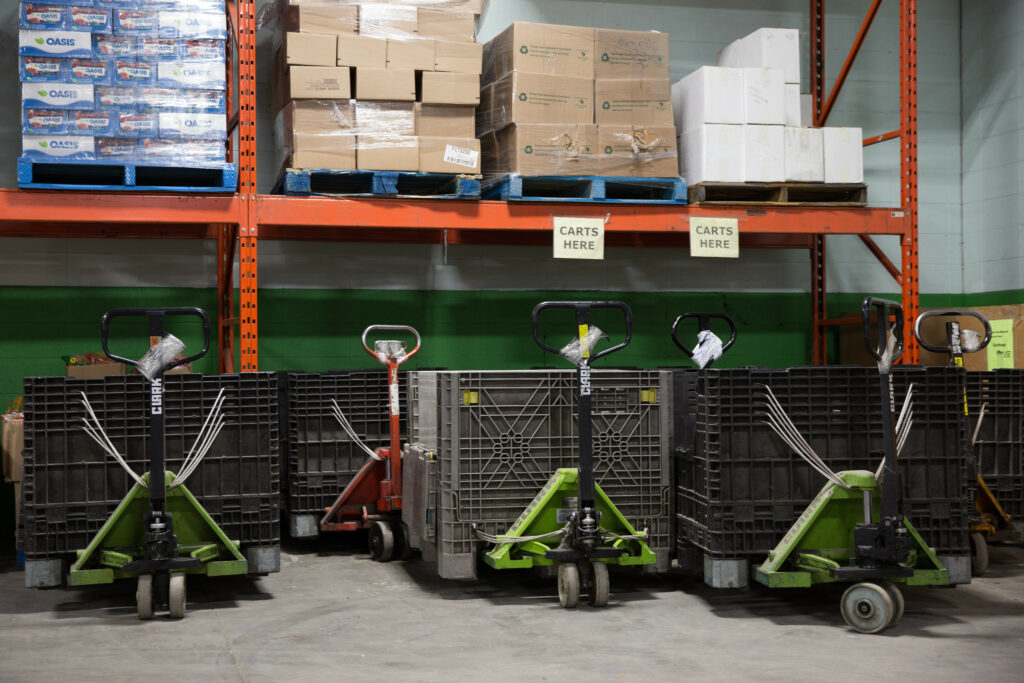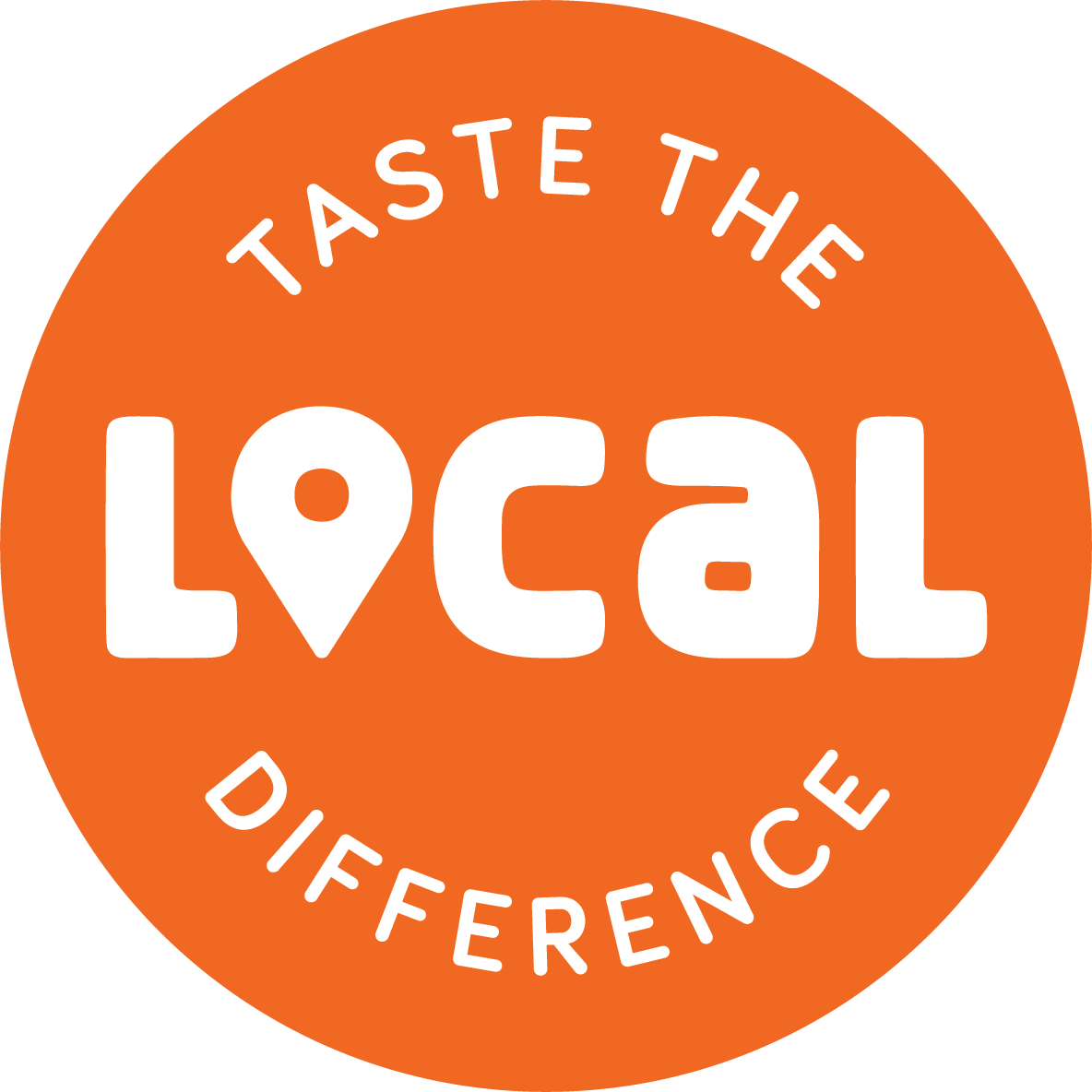Curious about the impact of food hub organizations in Michigan?
The National Food Hub Survey is a longitudinal research project conducted by the Michigan State University Center for Regional Food Systems (MSU CRFS) in collaboration with the University of Michigan Program Evaluation Group and the Wallace Center at Winrock International. The biennial survey has been sent to approximately 400 food hubs across the country since 2012 to better understand the food hub operations, their social mission and impact, and the financial viability of the sector. The findings of the National Food Hub Survey are a valuable source of data and insights for food hub operators, food system advocates and academics, funders, and policy makers.

The 2021 National Food Hub Survey Report examines survey data for the 2020 calendar year, a year marked by the COVID-19 pandemic, great social and political upheaval, racial reckoning, and economic disruption in the US and globally. Many food hubs, including our Michigan-based hubs, found themselves on the front lines of the public health emergency, providing essential services and fresh food to their communities and customers. Some of the key findings of the 2021 report include:
The COVID-19 pandemic had a major impact on food hubs.
More than half of responding food hubs reported that their business model changed in 2020 and most expected the changes to be long-term. Furthermore, we observed a major shift in the markets that food hubs sell to, with many food hubs switching from a wholesale business to selling food direct to consumers, including food boxes and online retail.
Food hubs continue to break even or better.
Since 2012, food hubs have continued to show economic viability with an average of 2/3 of food hubs breaking even or better. In 2020, this number jumped to 91% breaking even or better, likely reflecting the increased demand and sales of local food, as well as the increase in non-sales revenue from grants and federal program funding.
Food hubs are supporting social betterment.
On average, food hub organizations are engaging in 18 different activities related to supporting producers, community members, and the environment. In other words, they are more than businesses that center locally sourced food; food hubs are critical players in the local food ecosystem.
To learn more about the impact that food hubs are making in Michigan and across the country, check out the 2021 National Food Hub Survey report when it’s released this month.
Please reach out to the Project Lead, Noel Bielaczyc ([email protected]), with any questions or requests related to the National Food Hub Survey.
Further Reading:
